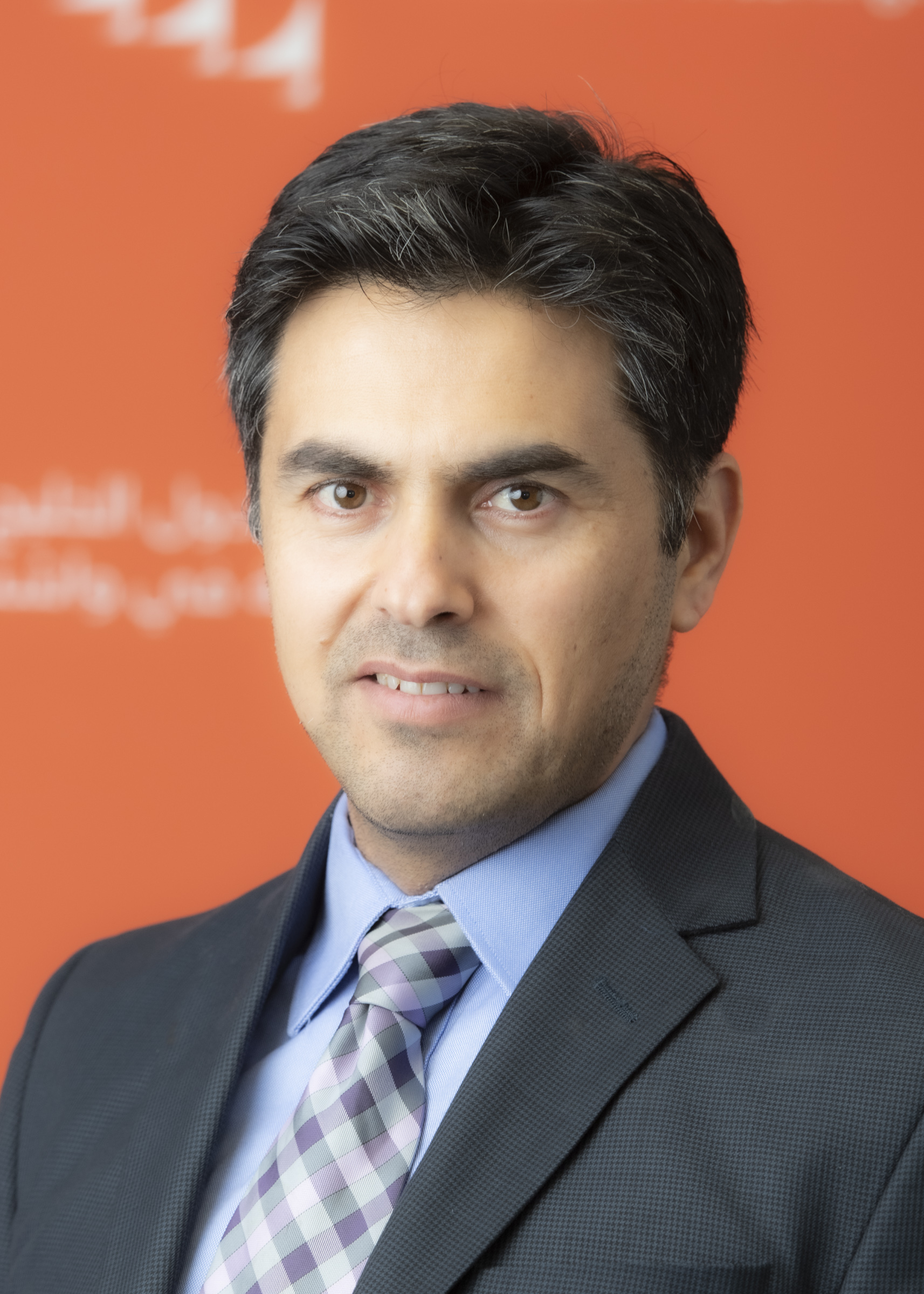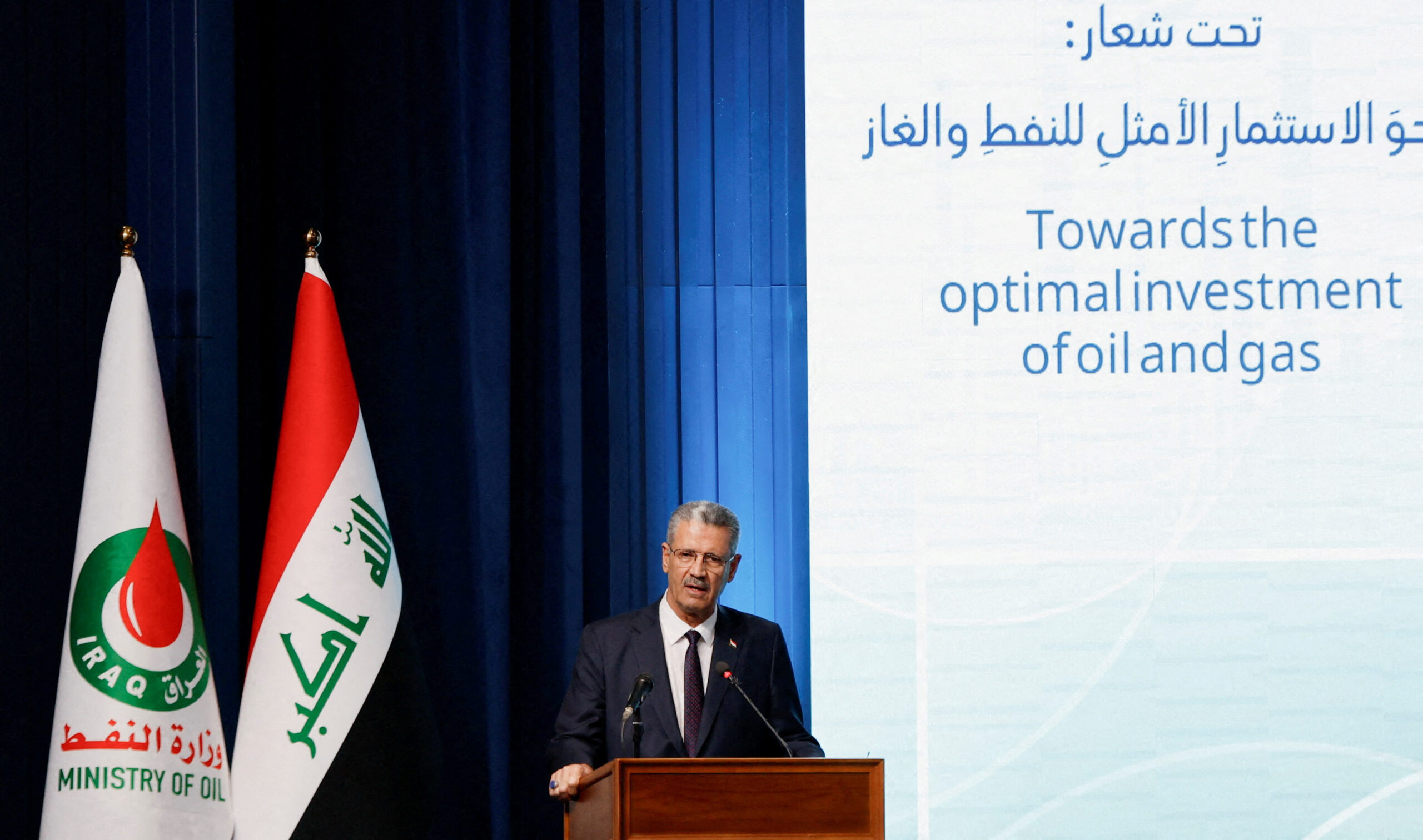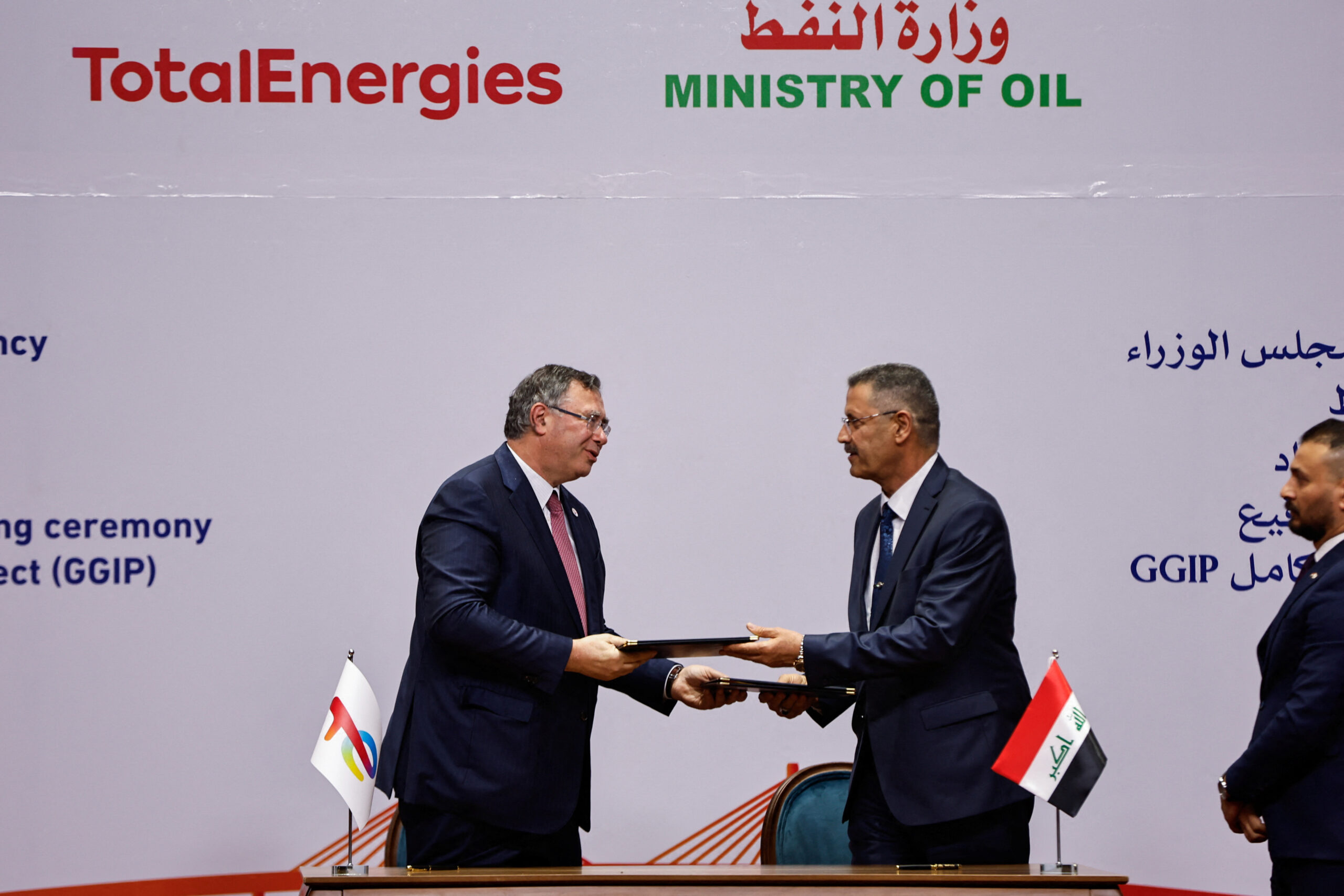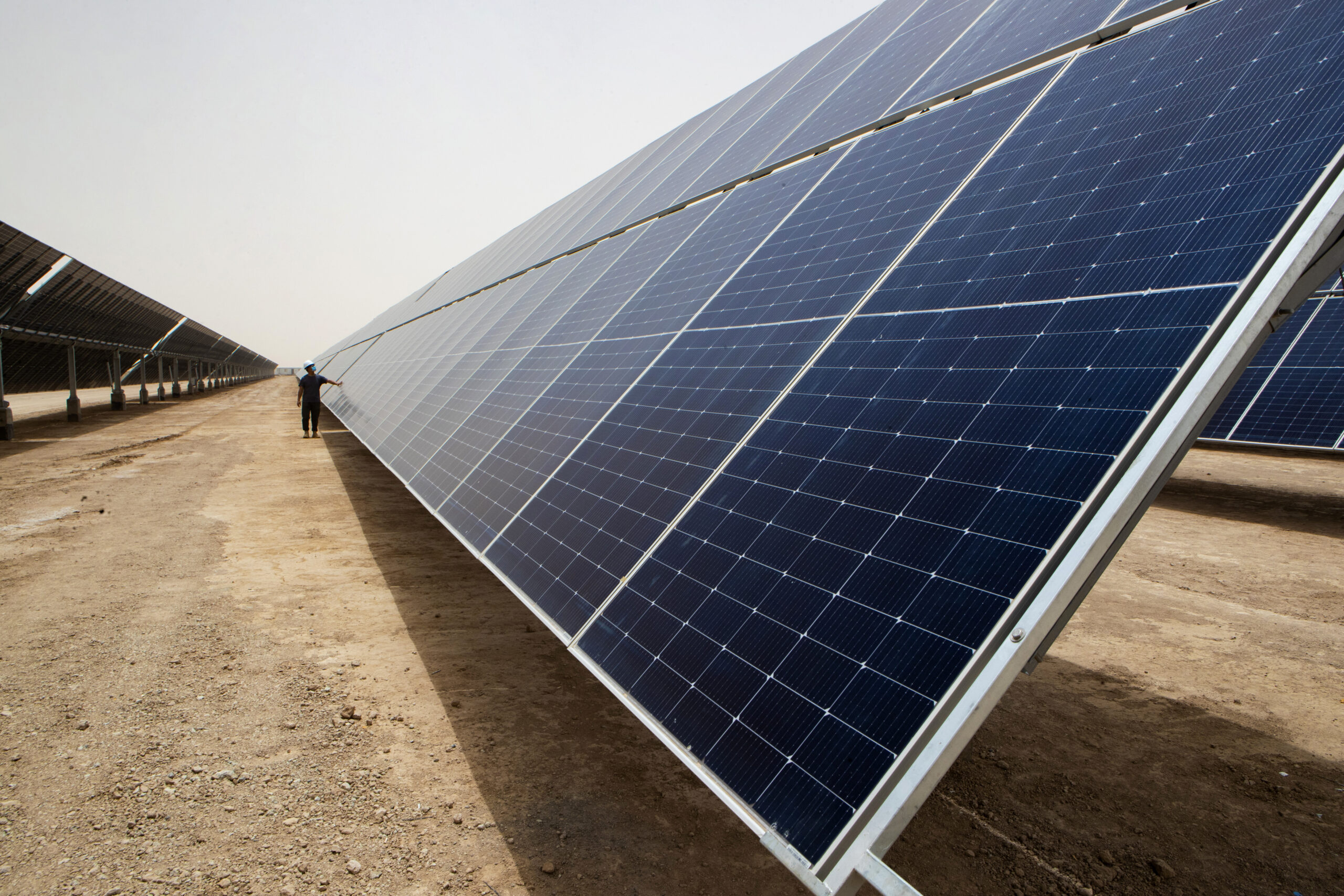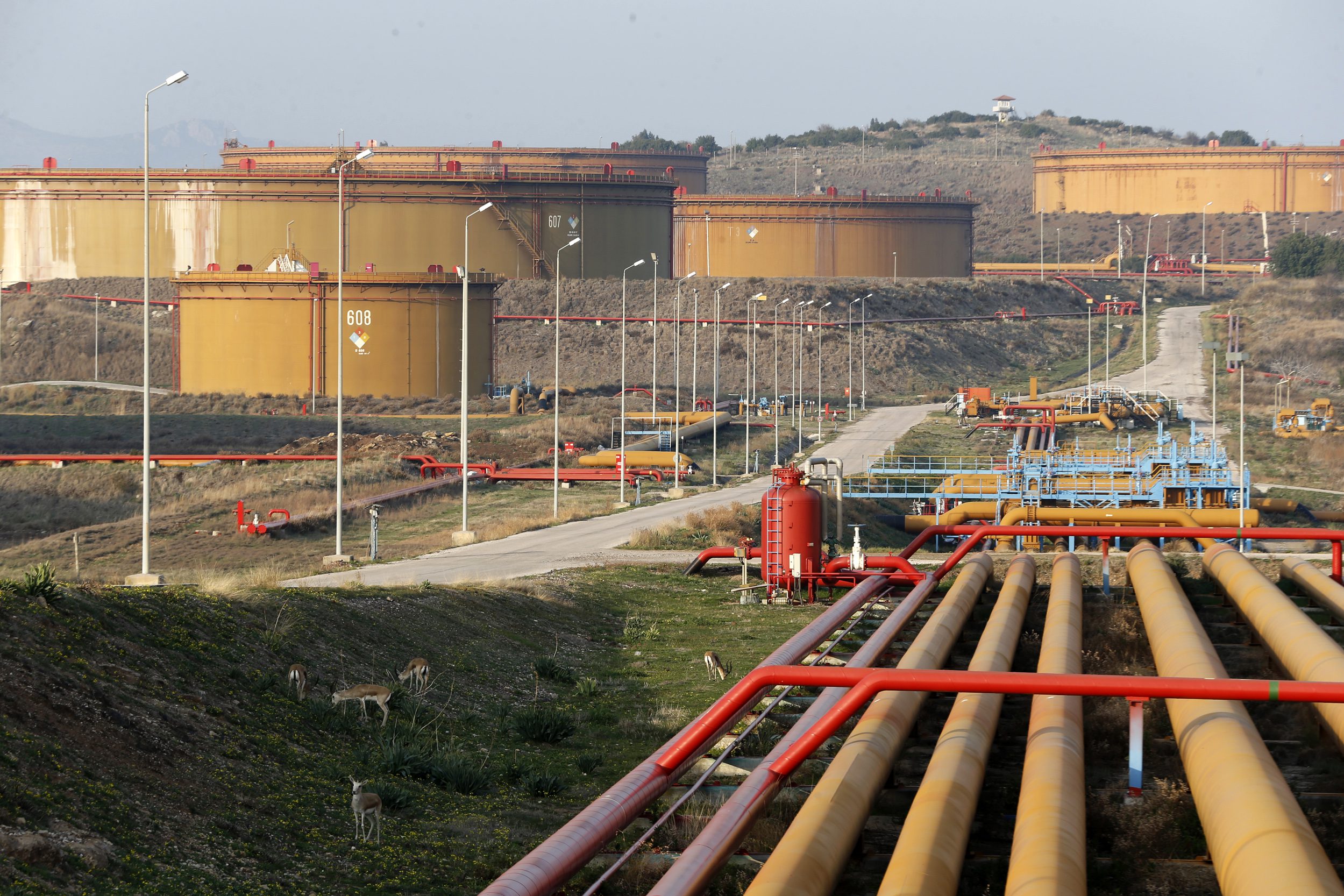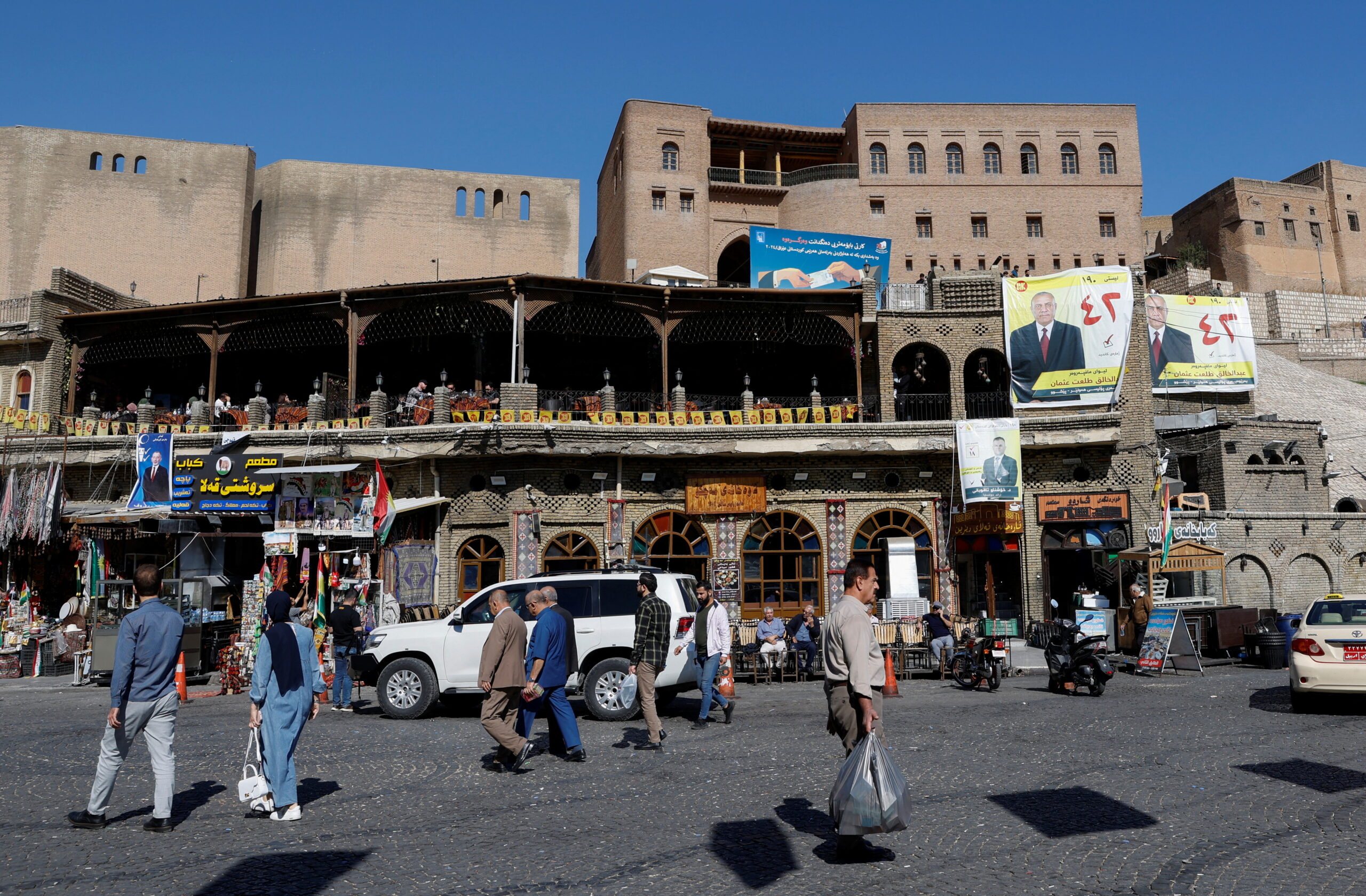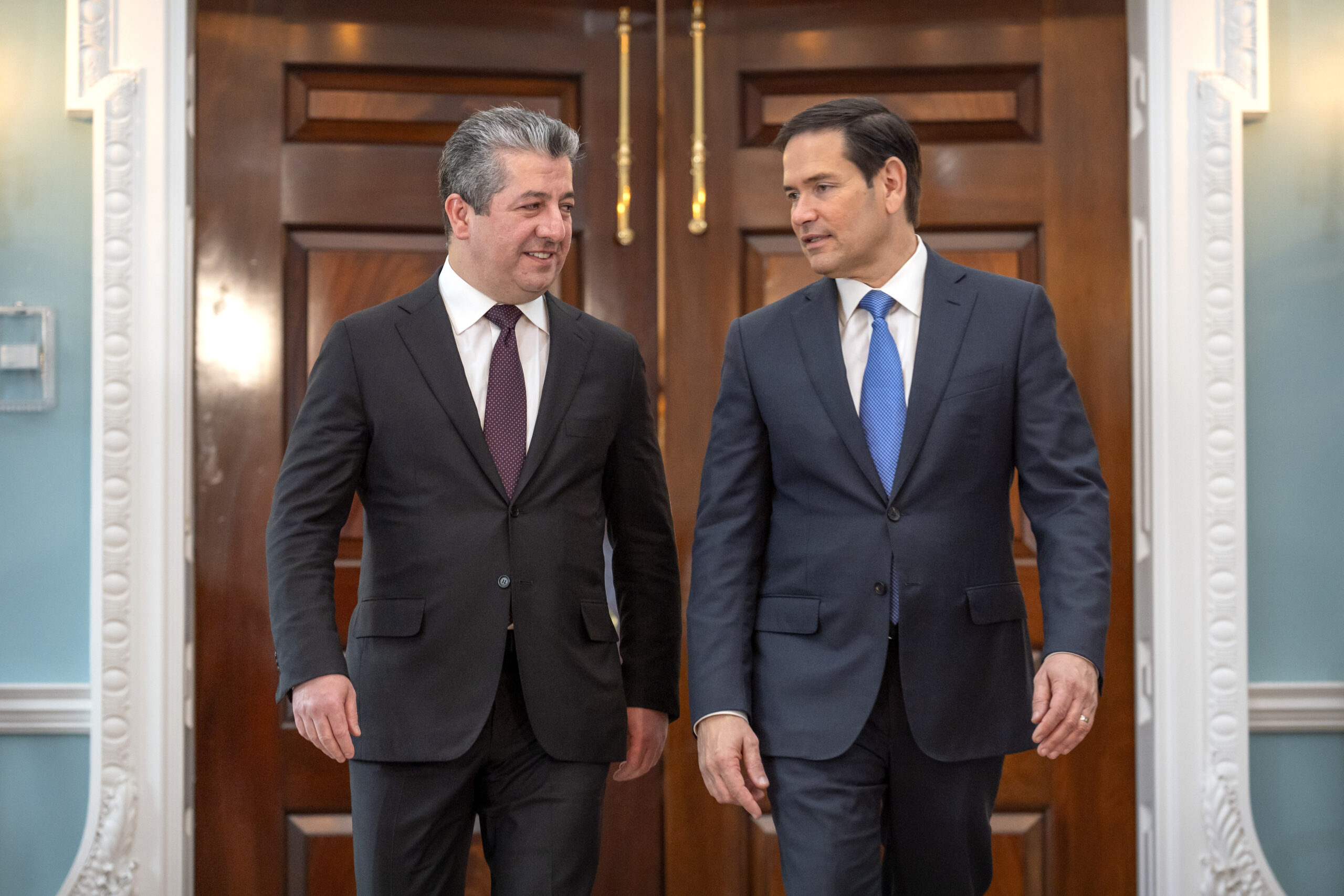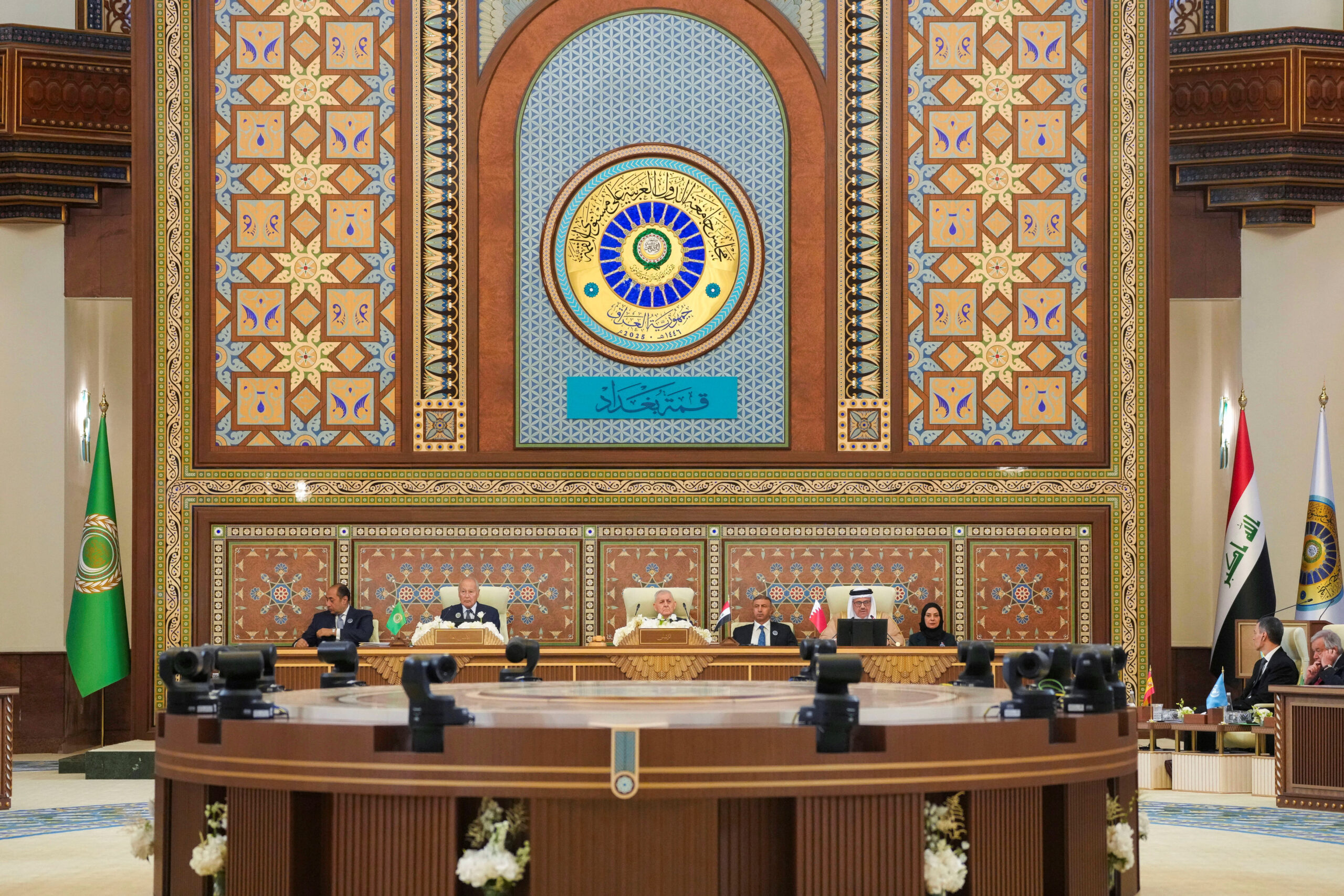China’s Rise in Iraq’s Energy Sector: From Newcomer to Dominant Player
While Iraqi leaders consistently emphasize the importance of Western investment in their energy sector, their actions instead are increasing Iraq’s dependence on Chinese markets and oil firms.
1 min read
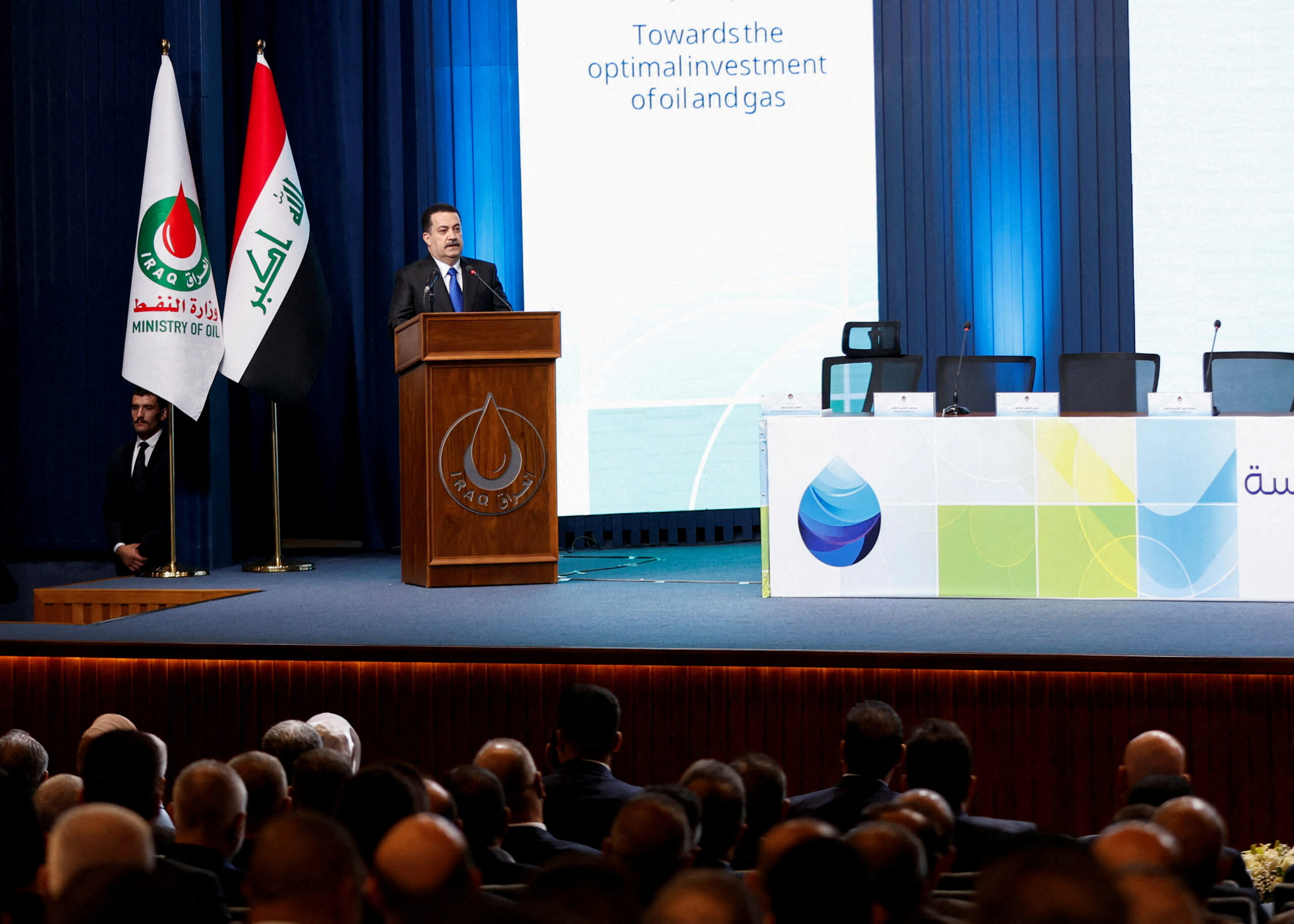
Executive Summary
Chinese energy companies emerged as dominant players in the Iraqi Oil Ministry’s May licensing rounds to auction 29 oil and gas blocks, securing 10 out of 13 oil and gas blocks. Shell was the only Western international oil company to participate, and it did not win any bids. Other Western and U.S. international oil companies showed no interest in bidding, despite improved fiscal terms of the contracts. The resounding success of Chinese firms underscores a significant shift, solidifying Beijing’s already strong position in Iraq’s energy landscape and presenting a substantial challenge to Washington’s strategic position in the region.
The increasing Chinese dominance comes amid a seemingly contradictory development: In April, Iraqi Prime Minister Mohammed al-Sudani signed numerous memorandums of understanding with U.S. energy companies, particularly focusing on gas development and power generation. This focus aligns with Washington’s strategic goals of diminishing Iran’s political influence in Iraq and, by extension, blunting China’s push to dominate Iraq’s hydrocarbon sector. The stark contrast between the memorandums of understanding signed by U.S. companies and the contracts awarded to China demonstrates a significant mismatch between the aspirations of Washington and the realities of the investment environment in Iraq.
The views represented herein are the author's or speaker's own and do not necessarily reflect the views of AGSI, its staff, or its board of directors.
